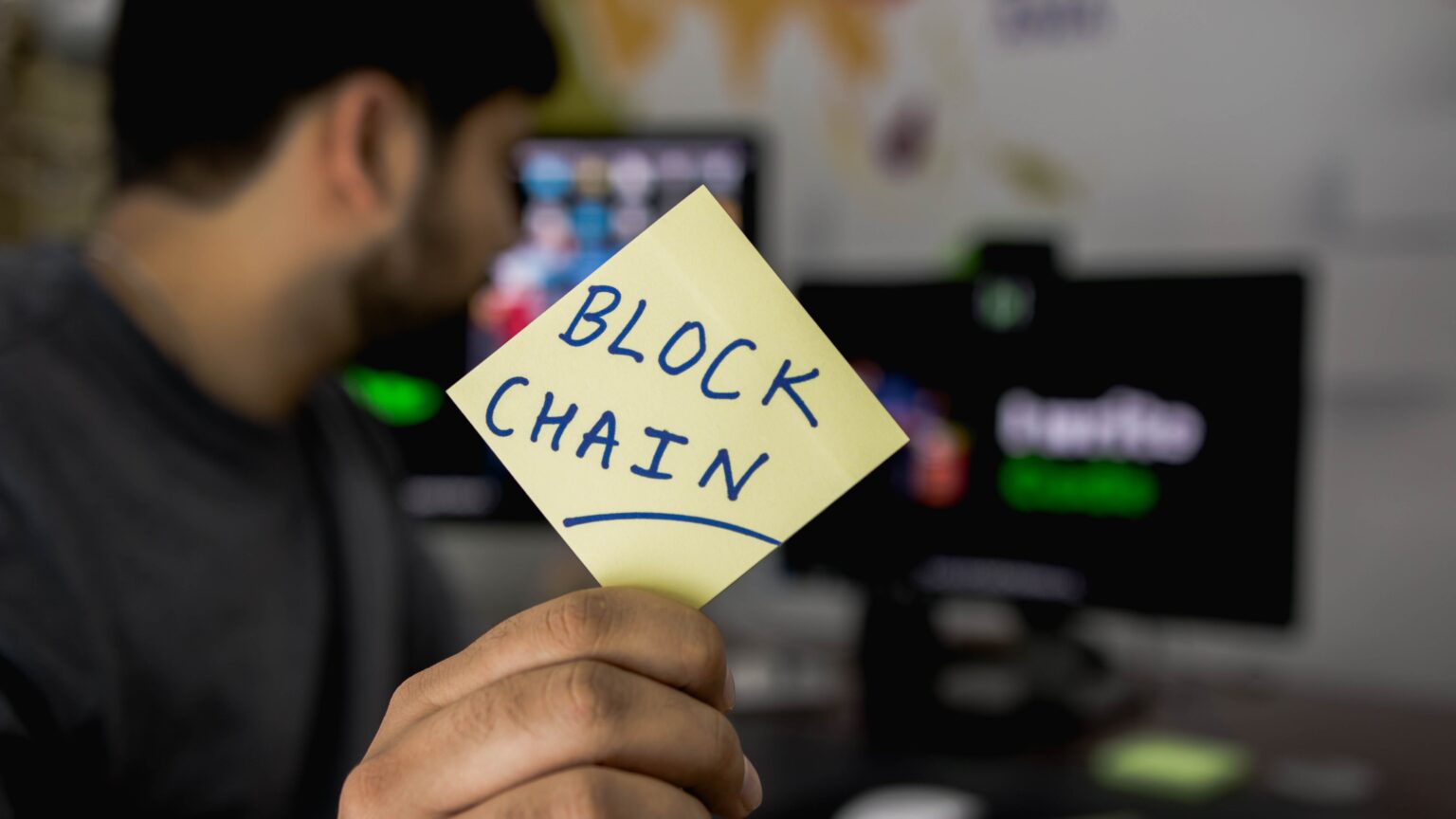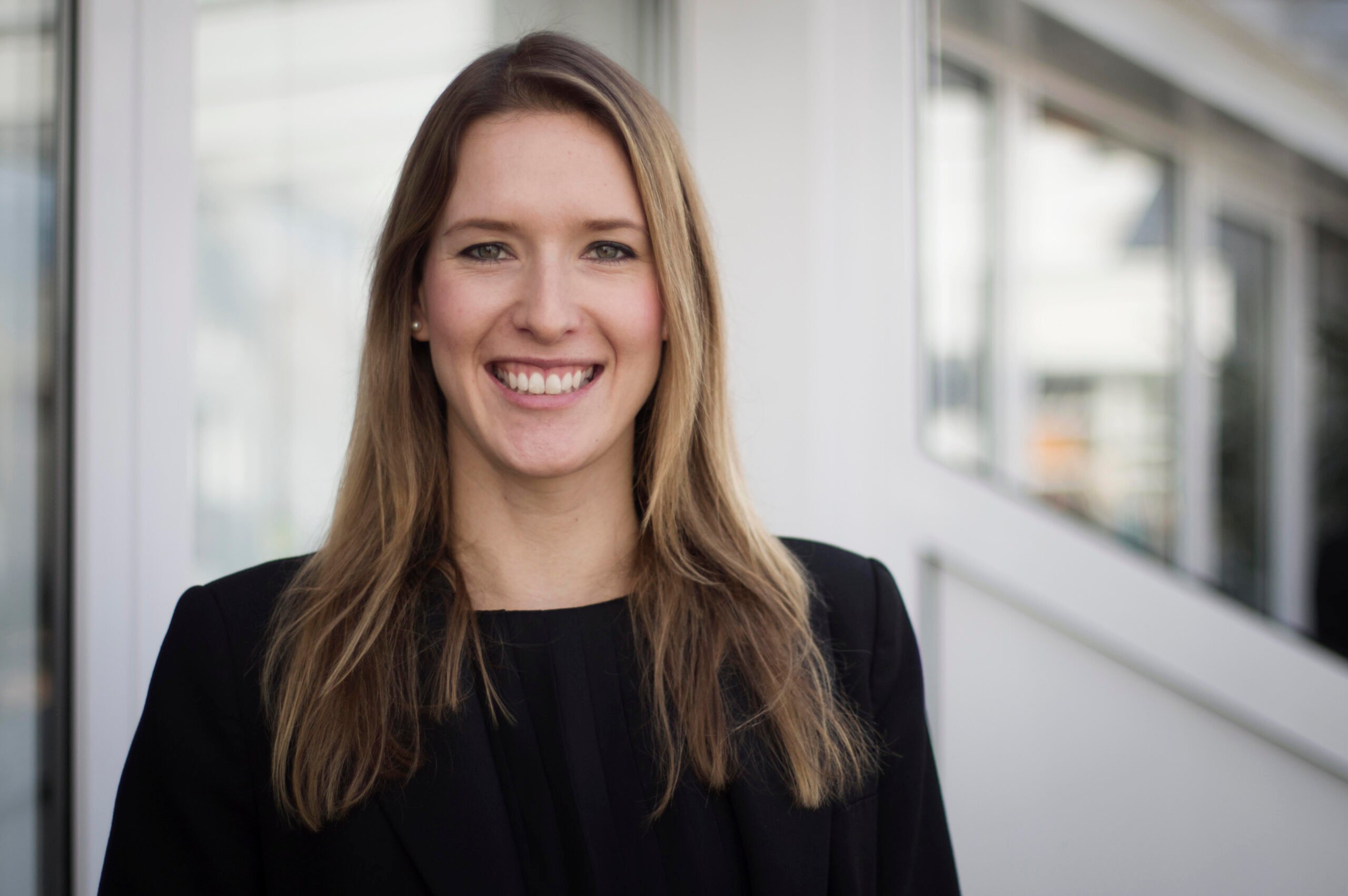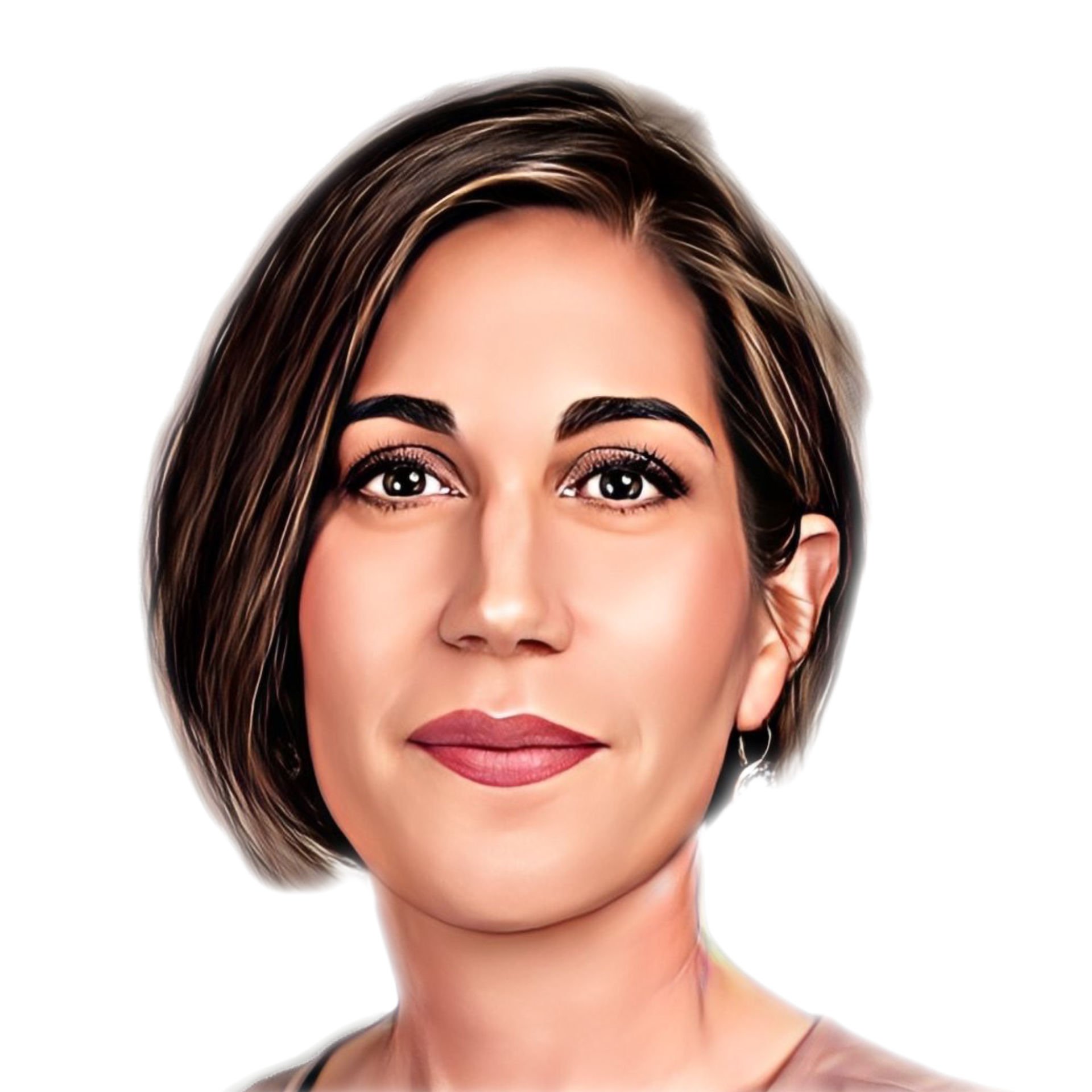No one can avoid the topic of blockchain and cryptocurrencies now. Reports and podcasts on this industry are increasing daily and startups are sprouting like mushrooms. Investors see a bright future in blockchain, which is why the money is loose.
But undeniably, the percentage of women involved with cryptocurrency is far below that of men. While there are various efforts to attract women to blockchain as well – surveys, research studies, and especially private observations confirm their underrepresentation. In 2020, the percentage of female startup founders was just 16 percent. When it comes to blockchain, the picture is similar: the crypto scene remains a largely male-dominated industry.
We’re changing that now and – long overdue – starting today, we’re introducing a total of five women who no one in the DACH region who deals with the topic of blockchain can get past.
What the women have in common is that they have been interested in the technology for years, have been instrumental in its success, and are working to ensure that blockchain and cryptocurrencies reach the mainstream of society. Not least because blockchain can also be used as a tool for gender equality and inclusion.

Today in conversation: Christine Kiefer
Christine Kiefer has been a key driver of digitalization in Germany for years and has been involved in building several startups in various capacities. She is the founder of Ride Capital, a blockchain startup that makes real estate investments accessible to private investors. Earlier this week, Christine already took our questions in our interactive, regular Ask me anything format.
How did you get into blockchain and what exactly do you do?
I first heard about Ethereum at the Websummit in Dublin in 2015. Like any programmer who has embarked on a management career, every now and then I get the itch to do a little more coding myself. Using https://cryptozombies.io/, I learned Solidity and programmed my first smart contracts. This was quite painful in the beginning, because there were no good debugging possibilities. In the meantime, however, the developer tools have grown up.
At RIDE, we are building an operating system for Private Wealth. This includes our formation service for asset-managing limited liability companies, our tax advice tailored specifically for asset-managing limited liability companies, automated securities booking and an investment platform offering tokenized investments in various asset classes using the Ethereum Blockchain.
What attracts you to the subject?
Blockchain has the potential to purge the world of inefficiencies. Offices and agencies work slowly, sometimes doing unnecessary work whose fees are disproportionate to the value created. There is still a lot to do here. Digitization must generally remedy this situation. We will take it one step further in some areas thanks to blockchain technology.
„Blockchain has the potential to purge the world of inefficiencies.“
Why should everyone embrace cryptos and blockchain in the future?
Why write emails? The good old fax machine will do just as well.
What part do you play in bringing the topic to the masses?
For a long time, Metamask was the standard for interacting with the blockchain. At Blockchainweek 2 years ago, it was asked: out of a hundred people asked to use a DApp, how many make it to the next step after being asked to use Metamask? The answer was two. An absolute conversion killer.
For a theme to resonate with the masses, it must be easy to understand and enjoyable to use. DApps and wallets weren’t for a long time. Those who can really boast of having done something for the mass adoption of blockchain technologies were the developers who created user-friendly dapps and tools. However, Elon Musk and Mastercard have probably done the most in recent times.
Which social media tools are particularly important for you and your work or which ones do you use for your expertise as a blockchain expert?
I enjoy reading BTC Echo and the Coinspondent. I don’t post much myself, though. When you’re building a business and you have big things in mind, there are times to talk about it and times to put your head down and dig in. Current is not the time to talk.




